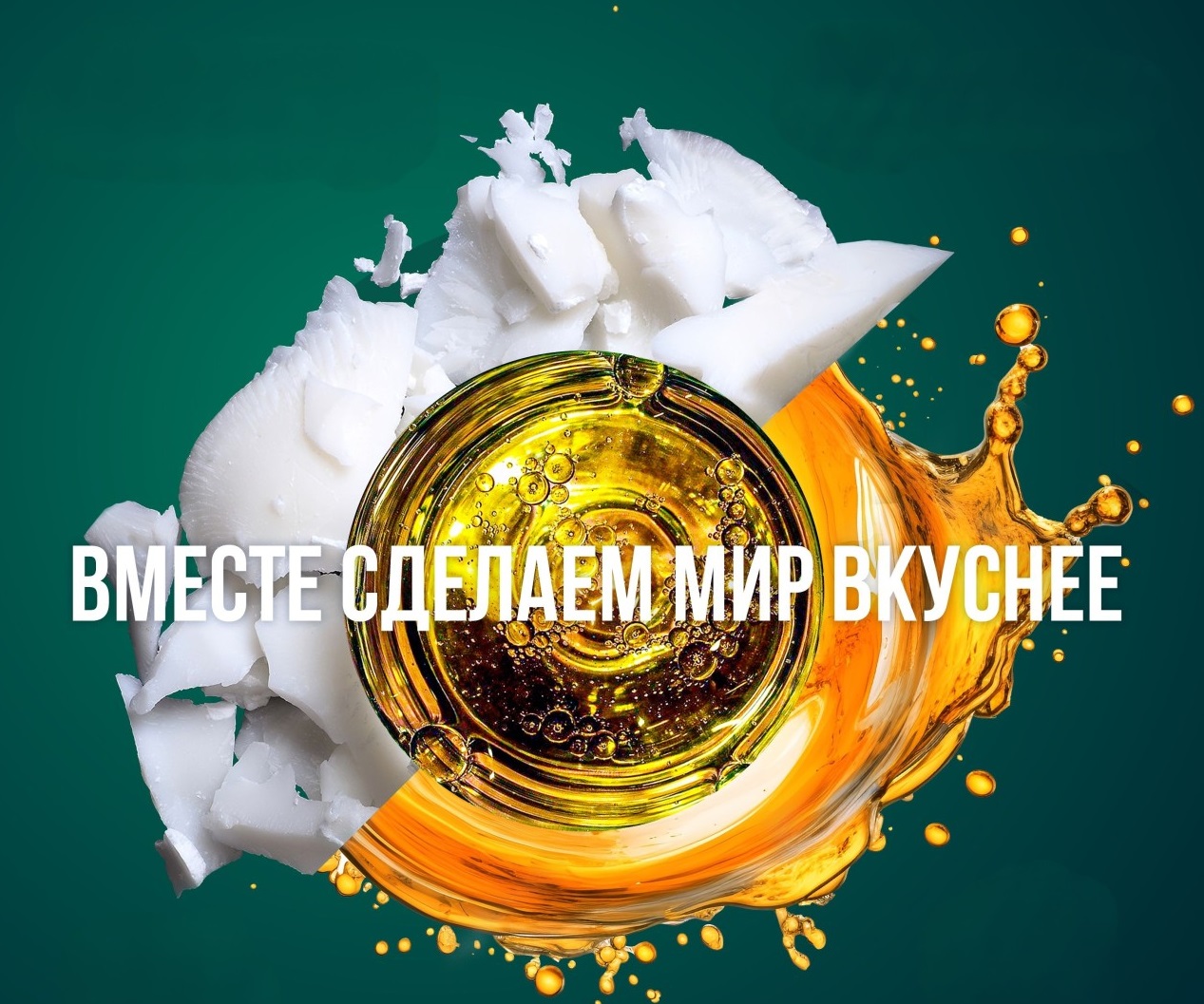The 2nd International Conference "Neva Ingredients. Food and Technology" took place in St. Petersburg. This is one of the largest events for the food industry, bringing together leading market players, analysts and experts. EFKO specialists gave a presentation on the company's unique development that will replace sugar without causing any harm to health — sweet protein brazzein, which has already received a certificate of state registration.
Finding safe alternatives to sugar has long been a key challenge for ingredient manufacturers. Today, people in Russia eat an average of 43 kg of sugar per person. This is 25 kg more than recommended by the World Health Organization (WHO).
The health risks are enormous. Dental disease and obesity are just the tip of the iceberg, with nearly a quarter of our population already being obese. Worldwide, more than 760 million people are obese.
When consumed in excess, sugar provokes the development of type 2 diabetes. In Russia, the number of people with diabetes has increased 2.5 times since 2000 to 5.2 million.
What is more, eating too much sugar leads to cardiovascular diseases and premature aging.
"There are a number of sweeteners and sugar substitutes — both natural and chemical — but all of them are compromises because they either have a negative impact on health or are too expensive to produce," said Evgenia Potekina, a technologist at the EFKO Group, during her presentation at a conference. — Sweet proteins were originally isolated from wild tropical fruits. It was discovered that they are several thousand times sweeter than ordinary sugar and do not raise blood sugar levels. However, the sweet protein content of the plants themselves is so low that it is not cost effective to extract them. A number of companies around the world are studying the possibility of producing sweet proteins, but it is the EFKO Group that has managed to develop a technology for their production together with scientific teams led by academicians of the Russian Academy of Sciences. The production is based on microbiological synthesis of sweet proteins, i.e. their creation in laboratory conditions with the use of water and modified yeast".
The sweet protein developed by our company has already been certified throughout the Eurasian Economic Union. This means that the product is proven safe and meets all requirements for all food ingredients.
Before that, back in 2023, sweet protein produced by using EFKO technology had been certified in the United Arab Emirates.
“Sweet protein has the potential to be used in the production of all desserts and other products where sugar is currently used," said Alyona Surkova, Director of the Confectionery Department in the Oils and Fats Division of the EFKO Group. - We are already using the experience and expertise of the R&D center to apply it correctly in product formulations. For example, a traditional candy can contain up to 40% sugar. With the scaling up of the sweet protein biosynthesis technology, it can be partially, or better, completely replaced by a combination of sweet protein and vegetable fiber. And then your candy can become a superfunctional food. As always, we are ready to provide full technological support to all manufacturers who, together with us, consider it important to contribute to the victory over diabetes and are ready to incorporate sweet proteins into their formulations”.



